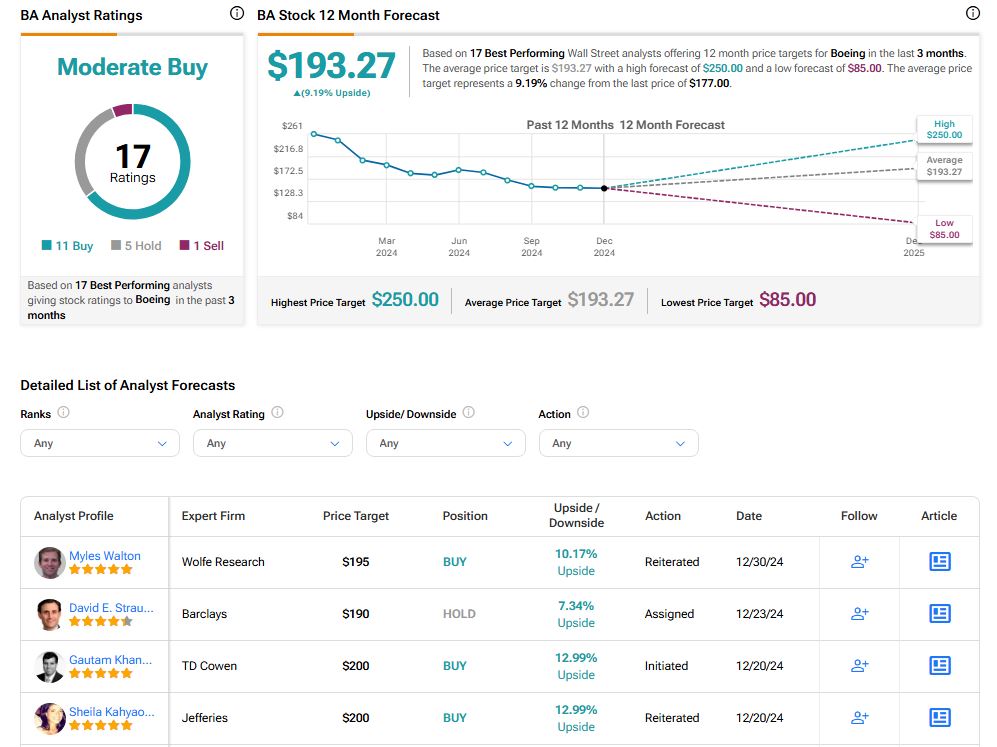U.S. plane maker Boeing’s (BA) stock has dropped about 30% in 2024, putting it as the Dow Jones Index’s (DJIA) likely biggest loser of the year. This decline comes amid significant challenges, including a Jeju Air Boeing 737-800 crash in South Korea, production issues with the 737 MAX, and supply-chain disruptions. Further, leadership changes, with Kelly Ortberg becoming CEO, added to the turmoil. These setbacks have hurt Boeing’s performance, highlighting the need to examine its ownership for future insights.
Stay Ahead of the Market:
- Discover outperforming stocks and invest smarter with Top Smart Score Stocks
- Filter, analyze, and streamline your search for investment opportunities using Tipranks' Stock Screener

Now, according to TipRanks’ ownership page, public companies and individual investors own 42.70% of MU. They are followed by mutual funds, ETFs, other institutional investors, and insiders at 20.16%, 18.77%, and 18.26%, and 0.11%, respectively.

Digging Deeper into BA’s Ownership Structure
Looking closely at top shareholders, Vanguard owns the highest stake in BA at 7.55%. Next up is Vanguard Index Funds, which holds a 5.61% stake in the company.
Among the top ETF holders, Vanguard Total Stock Market ETF (VTI) owns a 3.08% stake in Boeing stock, followed by Vanguard S&P 500 ETF (VOO) with a 2.59% stake.
Moving to Mutual Funds, Vanguard Index Funds holds about 5.61% of BA, whereas Growth Fund of America owns 2.21% of the stock.
Is Boeing a Good Stock to Buy?
Turning to Wall Street, analysts have a Strong Buy consensus rating on BA stock based on 11 Buys, five Holds, and one Sell assigned in the past three months, as indicated by the graphic below. The average BA price target of $193.27 per share implies 9.19% upside potential.

Conclusion
TipRanks’ Ownership Tab provides valuable insights into the category-wise ownership structure of the company, enabling investors to make well-informed investment decisions.









